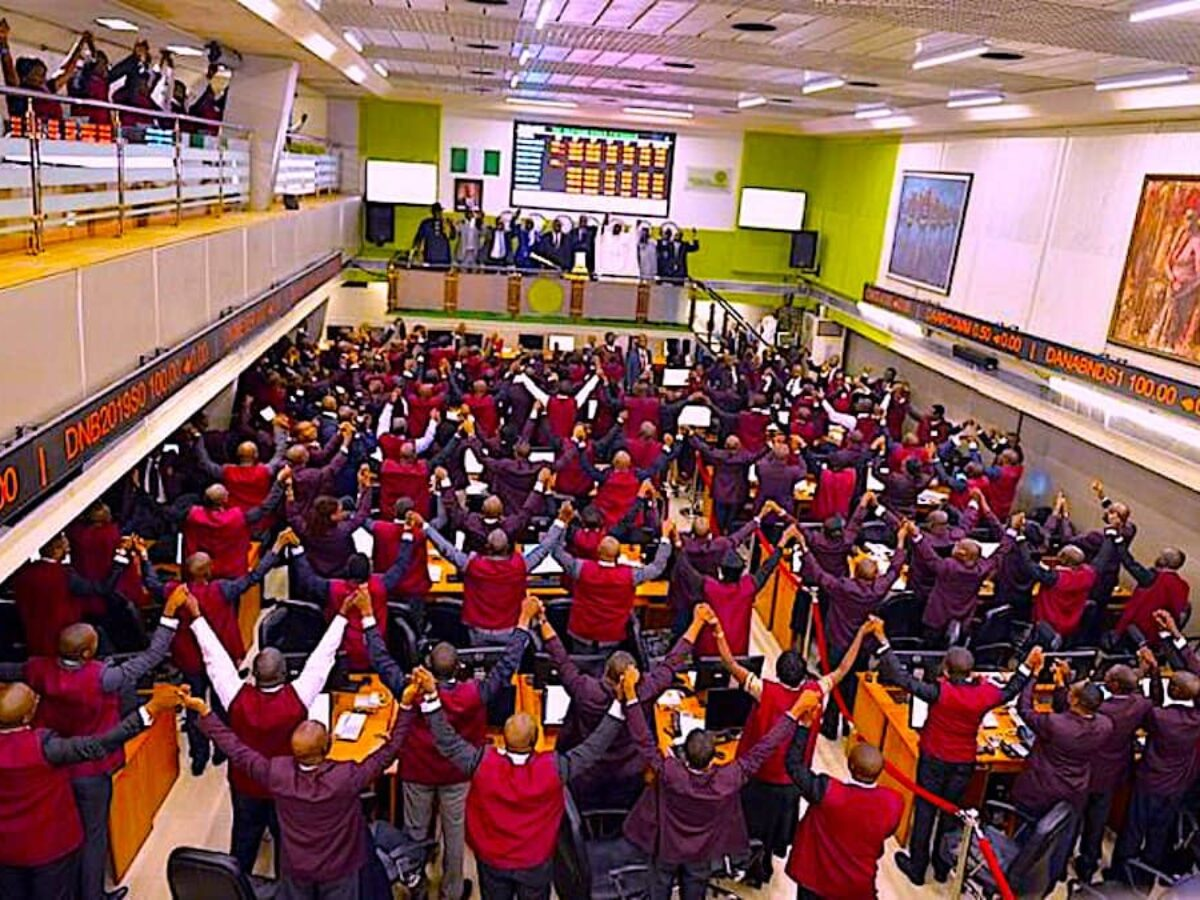AMCON’s subtle transformation provides a significant lesson, argues PAT ONUKWULI
In every nation’s economic history, there are moments when rescuing institutions also becomes a restoration of values.
Nigeria’s struggle with systemic debt and banking instability is not just a story of toxic loans and failed institutions.
It is also a reflection of a deeper national question: whether the rules of engagement between citizens, markets, and the state are guided by fairness and responsibility.
When borrowers default without consequences and lenders operate without restraint, the victim is trust. That trust lies in governance, in justice, and in the belief that the economy rewards effort and respects obligations.
As the political philosopher John Locke once noted, “Where there is no law, there is no freedom.” Without enforced rules and honoured obligations, the economic space becomes not a marketplace but a gamble.
Institutions such as the Asset Management Corporation of Nigeria (AMCON) are not merely financial tools; they serve as reminders that opportunity comes with responsibility, and that the legitimacy of economic systems is earned not only through profit but also through fairness and accountability.
AMCON was established in 2010 at the height of a significant financial crisis in Nigeria. The banking sector was on the verge of collapse.
Non-performing loans exceeded 34 per cent. Ten banks were critically undercapitalised, and over N5 trillion in toxic assets threatened to destabilise the economy. The country was on the edge of a financial breakdown that could have escalated into a broader economic catastrophe.
In response, it was set up as a stabilising force. Supported by the Central Bank of Nigeria and the Ministry of Finance, it acquired over N4 trillion in non-performing loans. It issued zero-coupon bonds to inject liquidity into struggling banks.
It removed harmful assets from the balance sheets of commercial banks. The Corporation became a holding ground for financial dysfunction, enabling banks to regain stability and allowing the economy to recover from the brink of collapse.
Initially, this intervention was successful. By 2013, the non-performing loan ratio had fallen to just 5 per cent. AMCON became an unsung hero, operating behind the scenes but essential to Nigeria’s financial recovery.
Over time, however, the Corporation’s sense of urgency began to wane. Litigation slowed asset resolution. Sales stagnated. Public perception budged towards viewing AMCON as a permanent agency rather than a temporary entity.
That narrative, however, is now shifting. Since his appointment as Managing Director and Chief Executive Officer in early 2024, Gbenga Alade has begun a subtle yet deliberate recalibration of the Corporation’s vision.
Supported by a revitalised executive team, the Corporation is refocusing on its original purpose. This leadership is not just overseeing an old mandate; it is actively reimagining AMCON’s role in today’s financial landscape, where accountability, efficiency, and closure are not merely aims but standards.
Signs of this new direction are already evident. Over the past year, it has successfully sold several significant assets, including shares in Arik Air and key electricity distribution companies.
Internal data indicate that more than N1.2 trillion in recoveries have been achieved since the company’s inception.
The current government plans to build on this progress with targeted efforts, which are expected to generate substantial recoveries within the next three years.
Asset disposal is now viewed not just as a technical task, but as a strategic priority linked to AMCON’s broader responsibilities to the economy.
Institutional collaboration has also improved. It now works more closely with the Central Bank, the Nigerian Deposit Insurance Corporation, the Economic and Financial Crimes Commission, and the judiciary.
The adoption of special court procedures for debt-related cases has reduced some of the longstanding delays that previously hampered the Corporation’s recovery efforts.
While challenges remain, this enhanced alignment indicates a cultural shift. The prevailing message is that financial indiscipline should no longer be accepted as the cost of doing business in Nigeria.
The challenges, however, remain considerable. It continues to pursue well-connected debtors whose obligations have endured for years.
Some cases have been in court for over a decade, complicated by evasive tactics and a judicial system that remains slow-moving. The Corporation still manages approximately N4.4 trillion in unresolved obligations.
Many assets under its care are linked to sluggish sectors that attract low investor interest. Despite these hurdles, the current leadership remains focused.
Their aim is not just to recover funds but to demonstrate that a public institution can fulfil its mandate with integrity and precision.
A broader national understanding of its role is urgently required. This is not an institution that exists merely for its purpose. It is a tool created to protect Nigeria’s banking infrastructure and to emphasise that debts must be paid.
When AMCON operates effectively, it sends a clear message to banks, borrowers, and international investors. It shows that Nigeria takes financial governance seriously.
Support is essential for this outcome. Legislators must avoid politicising AMCON’s mandate. The judiciary should continue prioritising commercial enforcement.
Financial institutions must uphold higher ethical standards.
The Nigerian public must also recognise that economic reform involves more than just balances and figures; it also reflects national values.
AMCON functions like a reservoir designed to hold back the floodwaters of any financial crisis.
Once the skies clear, that reservoir should not be hastily dismantled or ignored. It must be maintained until its purpose is truly fulfilled. Only then can it be retired in a way that fortifies the financial environment better than before.
As Nigeria advances towards economic maturity, AMCON’s subtle transformation provides a significant lesson. Institutions matter not only for their actions but also for how they uphold principles of responsibility, fairness, and accountability.
The Corporation may never achieve widespread recognition, but its success will be evident in the resilience of banks, the confidence of investors, and the renewed trust of ordinary Nigerians in the system that shapes their financial future.
Dr. Onukwuli, a governance and public affairs analyst, writes from Bolton, UK.
Email: patonukwuli2003@yahoo.co.uk
The post AMCON’S QUIET REFORMS appeared first on THISDAYLIVE.

